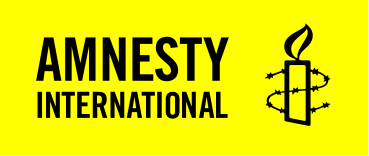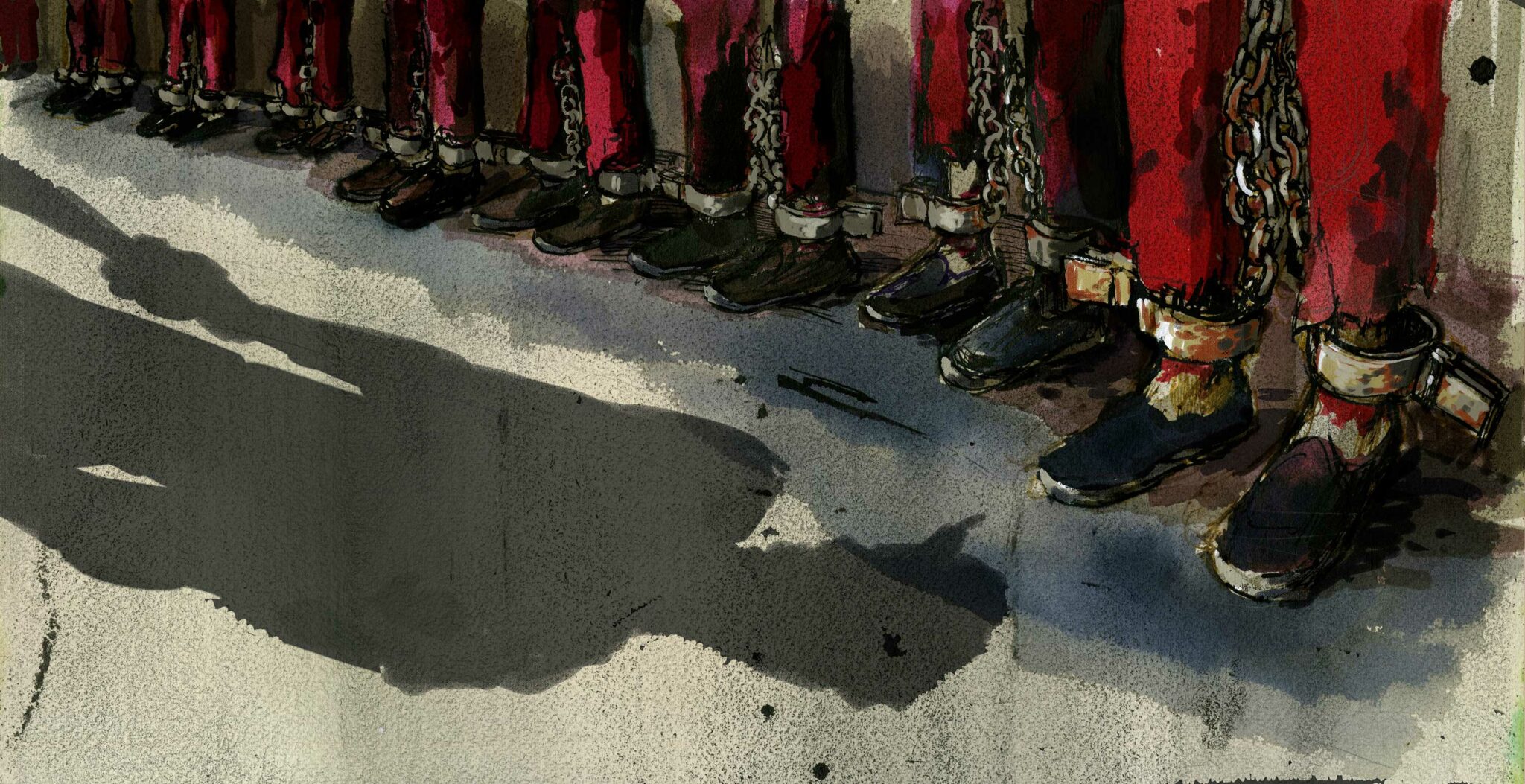Inadequate hygiene, restrictions on urination and defecation, and insufficient food and water
Detainees were woken every morning, usually at 5 or 6am, by an alarm coming through the loudspeaker or by a loud knock on the cell door. They were required to get up immediately, quickly make their bed, and then brush their teeth and wash their face in a sink. Most cells did not have sinks and detainees had to crawl under the chain attaching the cell door to the wall and then be escorted to a washroom by a guard. [[[Amnesty International interviews.]]] Detainees were rarely permitted to shower. Some detainees showered once a week; others reported not showering for weeks or even months after they arrived. [[[Amnesty International interviews.]]] A few former detainees reported having showers in their cells and that they were monitored on video while showering. [[[Amnesty International interviews.]]] “In the new camp, beside the toilet there was a shower and a sink… There was a small partition around the shower, but it is not very tall. If you are standing in the shower, they can see you [on camera],” Auelbek said. [[[Amnesty International interviews.]]]
Detainees required permission to use the toilet. [[[Amnesty International interviews.]]] Some cells had squat toilets; others had a bucket. “Even to go urinate in the bucket [inside the cell] we had to get permission from the guard first,” Ibrahim said. [[[Amnesty International interviews.]]] Detainees were monitored by cameras when using the toilet. Guards routinely shouted at detainees if they did not go to the bathroom quickly. [[[Amnesty International interviews.]]] “They used to give us one minute to [use the bucket] or they would yell at us,” Sukhrab said. [[[Amnesty International interviews.]]]
Former detainees were permitted to use the toilet only at certain times. Aibek, who spent a year in a camp, told Amnesty he was made to go long periods without being able to use a proper toilet:
At 6am they let us go out one by one to wash and use the toilet… There was a bucket in the cell… Even in the morning there was no guarantee we’ll be let out [to use the toilet]. Sometimes we went 24 hours without being allowed to use the toilet… The bucket was for [urinating]; if you had to [defecate] then you had to use the intercom and they would send two guards… and then you went out under the chain. Here you had to squat and put hands on head [when you exited the cell]… the process was like in a prison. [[[Amnesty International interviews.]]]
After washing and using the toilet, detainees had breakfast, which was either eaten in their cells or at the canteen. Detainees were given very little time to eat, and many reported they got very little to eat or drink. [[[Amnesty International interviews.]]] “They didn’t give us water at night. I was thirsty all the time. We got just half a cup [of water] at meals,” Aliya told Amnesty International. [[[Amnesty International interviews.]]]
“Red” songs were nearly always sung before meals and often throughout the day (see below). [[[Amnesty International interviews.]]] After breakfast, detainees attended a flag-raising ceremony. [[[Amnesty International interviews.]]] During the ceremony, detainees stood at attention and sang the national anthem. [[[Amnesty International interviews.]]]



